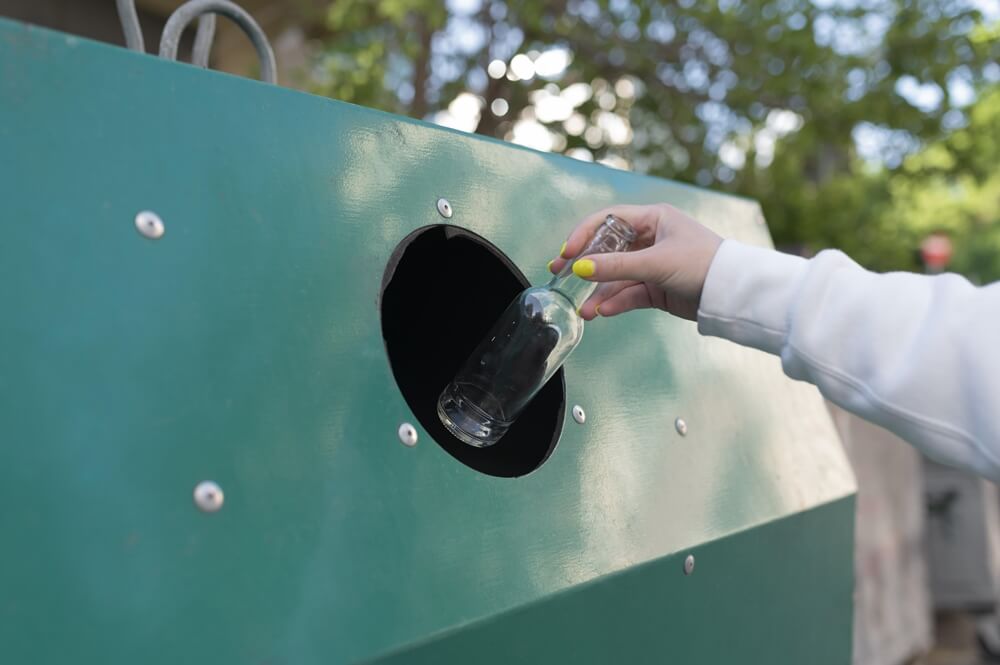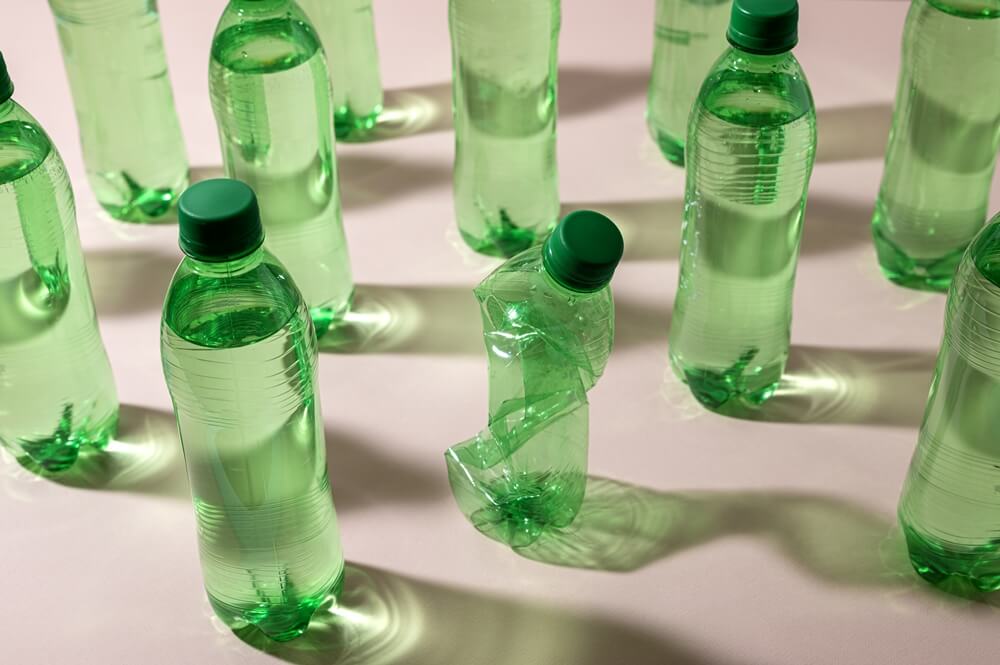Water pollution is a pressing environmental issue that affects ecosystems and communities worldwide. From industrial waste to plastic debris, various sources contribute to the degradation of our water bodies. However, there are actionable steps we can take to mitigate this problem and protect our precious water resources. Keep reading as we explore five ways to reduce water pollution and promote cleaner, healthier environments for all.
#1 Proper Waste Disposal

When it comes to keeping our water clean, proper waste disposal is key. Think of it as giving a tidy home to our aquatic friends! Here's how we can do our part:
- Recycle Like a Pro: Recycling isn't just for the eco-warriors anymore. It's an easy way for all of us to pitch in and help keep our waterways pristine. Cardboard or plastic bottles, sorting our recyclables and giving them a new lease on life can make a world of difference.
- Compost Away: Did you know that food scraps and yard waste can wreak havoc on our water sources if not disposed of properly? But fear not! Composting is a simple solution that turns organic waste into nutrient-rich soil for our gardens. Plus, it keeps harmful pollutants out of our water supply.
- Hazardous Waste? Handle with Care: Some items, like batteries and paint, need a little extra TLC when it's time to say goodbye. Instead of tossing them in the trash, look for special collection sites in your community where they can be disposed of safely. It's a small step that goes a long way in protecting our water and environment.
#2 Reduce the Use of Single-Use Plastics

Plastic, plastic everywhere - but it doesn't have to be! Here are some easy ways to cut back on single-use plastics and protect our waterways:
- BYOB (Bring Your Own Bottle): Ditch the disposable water bottles and invest in a trusty reusable one. Not only will you save money in the long run, but you'll also help keep plastic out of our oceans and rivers. It's a win-win!
- Bag the Plastic Bag Habit: Say goodbye to flimsy plastic bags at the grocery store and hello to sturdy reusable totes. Keep a few in your car or tote bag, and you'll never be caught off guard when it's time to shop. Plus, you'll be reducing plastic pollution with every trip.
- Sip Responsibly: Plastic straws may seem harmless, but they can wreak havoc on marine life if they end up in our waterways. Opt for reusable stainless steel or bamboo straws instead, or simply sip straight from the cup. Your sea turtle friends will thank you!
- Choose Plastic-Free Packaging: When shopping, look for products with minimal or plastic-free packaging. Bonus points if you support companies that prioritize sustainability and eco-friendly alternatives. Together, we can send a powerful message to manufacturers and inspire change.
#3 Implement Sustainable Farming Practices

Did you know that what happens on the farm can have a big impact on our water quality? But fear not, farmers and consumers alike can take steps to promote sustainability and protect our precious water resources:
- Go Natural with Fertilizers: Instead of relying solely on chemical fertilizers that can leach into our waterways, consider natural alternatives like compost and organic fertilizers. Not only are they better for the environment, but they also enrich the soil and promote healthier crops.
- Keep It Covered: Bare soil is like an open invitation for erosion and nutrient runoff. Implementing cover cropping and crop rotation techniques enables farmers to retain soil integrity and minimize pollutants reaching water sources. This approach benefits both farms and the environment, creating a win-win scenario!
- Pest Management, Naturally: Say goodbye to harmful pesticides and hello to integrated pest management (IPM). By using a combination of biological controls, crop rotation, and habitat manipulation, farmers can keep pests in check without resorting to chemical warfare.
- Mind the Manure: Animal waste can be a valuable resource when managed properly! Composting manure and using it as fertilizer allows farmers to reduce nutrient runoff and keep our waterways clean. Plus, it's a natural way to nourish the soil and promote healthy plant growth.
Adopting sustainable farming practices helps farmers safeguard water quality, maintain soil health, and foster biodiversity on their land. As consumers, opting for sustainably grown foods whenever possible supports these efforts. Together, we can cultivate a brighter future for agriculture and the environment.
#4 Promote Water Conservation

Water, water everywhere, but let's not waste a drop!
- Fix Those Leaks: Drip, drip, drip...that's the sound of wasted water and money! Leaky faucets and pipes can add up to thousands of gallons of water wasted each year. Take the time to fix leaks promptly, and you'll be saving water and lowering your utility bills in no time.
- Upgrade Your Fixtures: Out with the old, inefficient fixtures and in with the new, water-saving models! Installing low-flow faucets, showerheads, and toilets can significantly reduce water usage without sacrificing performance. It's an easy upgrade that pays off in the long run.
- Get Smart About Irrigation: Watering the lawn or garden? Make every drop count by investing in a smart irrigation system. These systems use sensors and weather data to tailor watering schedules to match the needs of your landscape, minimizing water waste and promoting healthier plants.
- Harvest Rainwater: Mother Nature provides us with free water - let's put it to good use. Installing a rain barrel or cistern allows you to capture rainwater runoff from your roof and use it for watering plants or washing outdoor surfaces. It's a sustainable solution that reduces the demand for municipal water supplies.
#5 Advocate for Policy Changes

Feeling passionate about protecting our waterways? It's time to turn that passion into action by advocating for policy changes that prioritize environmental conservation…
- Raise Your Voice: Whether it's writing letters to elected officials, attending town hall meetings, or participating in peaceful protests, don't underestimate the power of your voice. Express your concerns about water pollution and advocate for policies that promote cleaner, healthier environments for all.
- Support Environmental Organizations: Joining forces with environmental organizations is a great way to amplify your impact. Volunteering your time, donating funds, or simply spreading awareness about their initiatives allows you to contribute to their efforts to enact positive change at local, national, and global levels.
- Stay Informed: Knowledge is power! Stay up-to-date on current environmental issues, research, and proposed legislation related to water conservation and pollution prevention. The more informed you are, the better equipped you'll be to advocate effectively for policies that align with your values.
- Lead by Example: Be a role model for others by adopting eco-friendly habits in your own life and community. Our actions can inspire others to follow suit and create a ripple effect of positive change.
Remember, advocating for policy changes is a marathon, not a sprint. It requires persistence, resilience, and collaboration with like-minded individuals. But together, we have the power to influence decision-makers and enact meaningful reforms that protect our precious water resources for generations to come.

